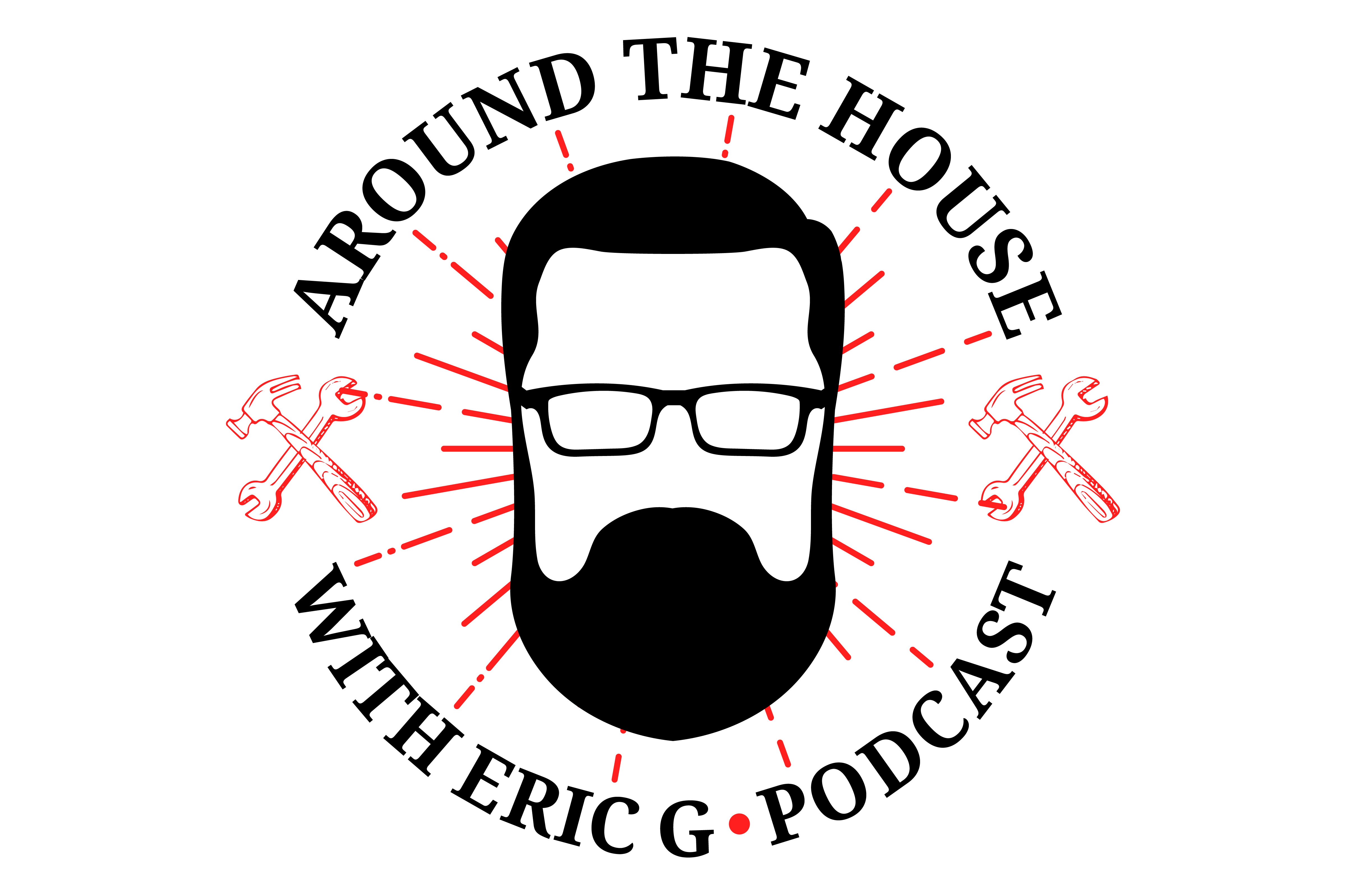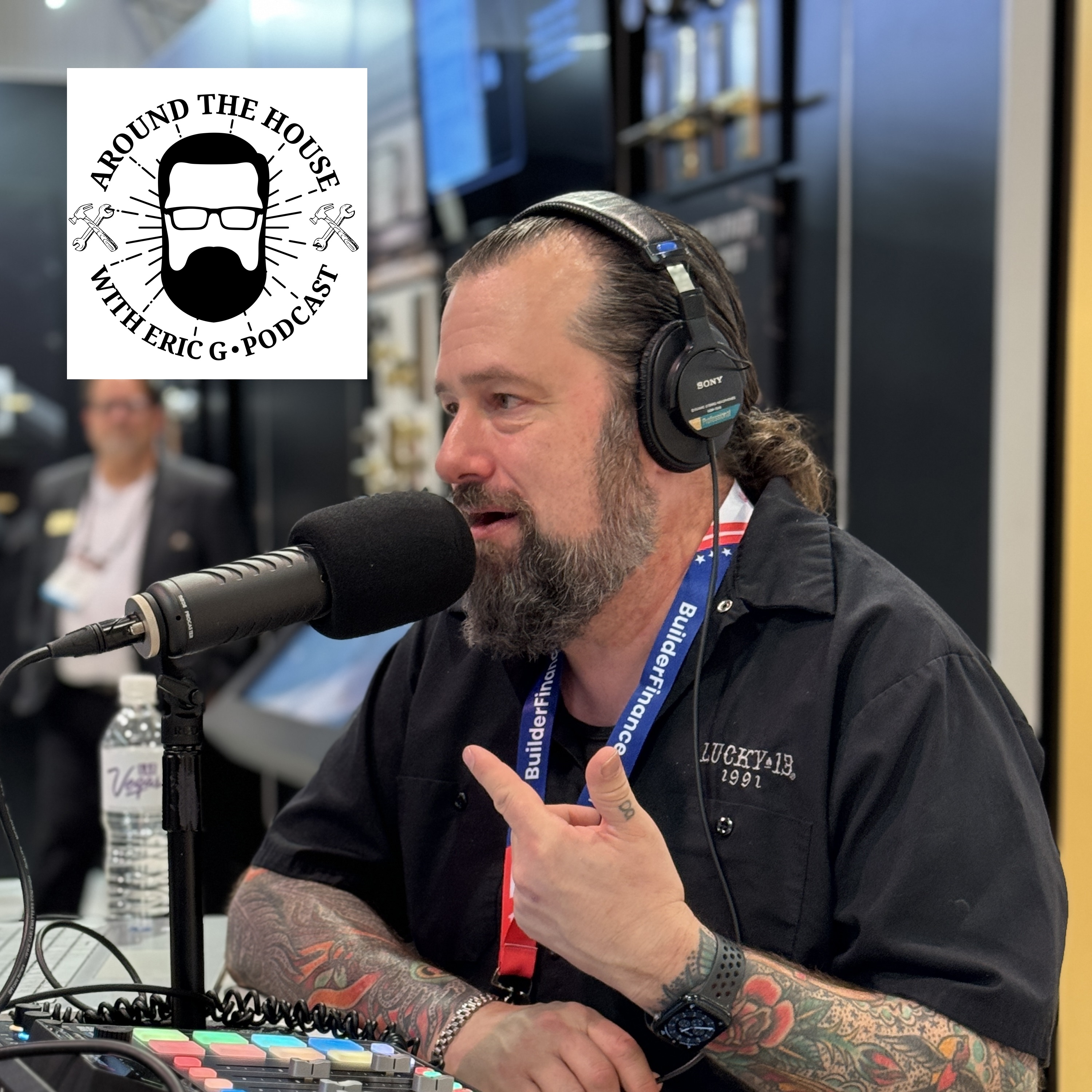Episode 1521
No Mow May? What is that?
What is no mow May? We dive into this and discuss how this works and what you can do and then some quick history of honey bees so you know the whole story. All this and MORE in the this weeks Mid-Week Special.
Thanks for listening to Around the house if you want to hear more please subscribe so you get notified of the latest episode as it posts at https://around-the-house-with-e.captivate.fm/listen
If you want to buy Eric G a beer or coffee you can support the show here: https://www.buymeacoffee.com/ATHERICG
We love comments and we would love reviews on how this information has helped you on your house! Thanks for listening! For more information about the show head to https://aroundthehouseonline.com/
We have moved the Pro Insider Special on Thursday to its new feed. It will no longer be on this page. You can find it and subscribe right here: https://around-the-house-pro-insider.captivate.fm/
Information given on the Around the House Show should not be considered construction or design advice for your specific project, nor is it intended to replace consulting at your home or jobsite by a building professional. The views and opinions expressed by those interviewed on the podcast are those of the guests and do not necessarily reflect the views and opinions of the Around the House Show.
Mentioned in this episode:
Around the House Top Products!
Producer Jim shares an insider look at Eric G's hand-curated Top 10 products for 2026. From smart locks and app-controlled garage openers to precision tools and energy-saving water heaters, these are the game-changing items Eric personally recommends to make your home smarter, safer, and more efficient. Head to AroundTheHouseOnline.com/Top-Products to see the full list, click the product links for exclusive Amazon deals, and upgrade your home today!794msFast
Around the House 2026 YouTube!
Make sure and Subscribe to our YouTube page!
Transcript
[00:00:32] Eric Goranson: Well, I wanted to dive into, Uh, a subject that I heard on the, well, I heard on the radio and saw on the TV this last week, and people are talking about no mo May, which started over in England. But basically you don't mow your lawn for an entire month, the month of May. So that way you give more, um, you know, more flowers and stuff in weeds, you know that, that.
[:[00:01:27] Eric Goranson: So I don't wanna see anybody get fined as well as I wanna make sure that you're following your h o A rules before we get too deep into this, because I don't want this costing people a bunch of money, having to go to court, getting fines, that kind of stuff. So let's, let's get that outta the way first. So, really, Make sure and check with that.
[:[00:02:06] Eric Goranson: But here's the thing. This is to help honeybees and before we get into honeybees, I wanna talk about, The elephant in the room here, and I love honeybees. Don't get me wrong. I mean, I love honey. Uh, I have no problem with them, but let's be honest, honeybees are not native to North America. They were originally imported from Europe in the 17th century.
[:[00:03:01] Eric Goranson: And I'm not saying that honeybees are, but you could ar you could make that argument. That, uh, they weren't intentionally supposed to be here to begin with. They hadn't lived here. Somebody had brought 'em on a ship over from Europe and said, Hey, let's, uh, let's get some honey over here. So, um, I got a feeling that most of us around here were, uh, dealing with wasps and hornets.
[:[00:03:41] Eric Goranson: So that's an interesting t uh, subject. And where did I get that from? That information came from the US Geological Survey. So this isn't some weird thing there. That is the, uh, The cold hard facts about honeybees. So really, if you're not gonna do that, just, you know, watch out your avoid, avoid your pesticides, [00:04:00] and uh, really try to not hurt the bees out there.
[:[00:04:29] Eric Goranson: So I like what they're doing. Uh, I'm gonna go about a different way and just make sure that I've got lots of, uh, Lots of flowers out there, that would be more than what I would have in my yard. Um, I'm just not gonna go that route with it. So up to you. But if you want to enjoy, no Moe, enjoy yourself. Just make sure you're legal when you're doing it.
[:[00:05:18] Eric Goranson: So there are 2.2 million of these out there. And about 53,000 in Canada. So something to look at there. That's kind of a big one. So watch it. If you've got a those brand sledgehammers that are the fiberglass handle, I'd go over to the cpsc.gov and follow the directions as well. And then there is a Dina Drive, freshwater well pump recalled due to risk of electric shock.
[:[00:06:04] Eric Goranson: So, uh, you can do that over@dvwater.com and find it over there. There's only about 1,060 of 'em, so it's not a huge number over there, but it's something to really take a peek at because, uh, you always want those things to be grounded. That could be its own issue. And then everything else we talked about last week, so if you ever wanna know on the recalls, uh, that are out there in the United States for us here, that is the Consumer Product Safety Commission.
[:[00:06:47] Eric Goranson: So, uh, co you know, lot of snow coming outta the Sierra Nevadas a lot of snow up in the Midwest. I know, uh, my son up in North Dakota has had a record amount of snow up there, or nearly a record amount of snow [00:07:00] that all has to go someplace. So now's the time. If you were in a flood-prone area, I would take a couple extra steps and just get ahead of it.
[:[00:07:28] Eric Goranson: It might not also be a bad time to, uh, check on your insurance and make sure that you've got that where you want it to, but as soon as they start putting out flood warnings and stuff, guess what? Uh, probably too late to make those changes on a homeowner's insurance or a flood insurance. And then also take the advice of professionals that I, we've talked to, go back and listen to some of our shows here in the past that have talked about insurance stuff.
[:[00:08:13] Eric Goranson: A flood usually means that a riverbank has gone over our lake and it has surrounded your house and then created water that was above what the structure is. So be very careful when you call your insurance company if you have to make claims on what you call a flood. Because that can be a bigger deal, and so be very careful with that one.
[:[00:08:54] Eric Goranson: So something to be careful with. All right, well, coming up this weekend and around the house, uh, we're gonna have some great show [00:09:00] ahead here. We're gonna be talking about all the questions that you guys have sent in, and if you have questions that you want to have answered. There's two ways to do this.
[:[00:09:38] Eric Goranson: And if you do that with your question, you might be able to have your. Your question on the show. So let's, uh, see if you can come up, uh, with some good questions for me. I'd love to bring in our listeners into this, uh, show so you guys can have some fun with that. So, all right, everybody, have a great rest of the week.
[:
